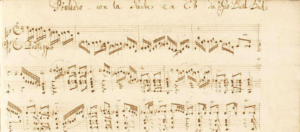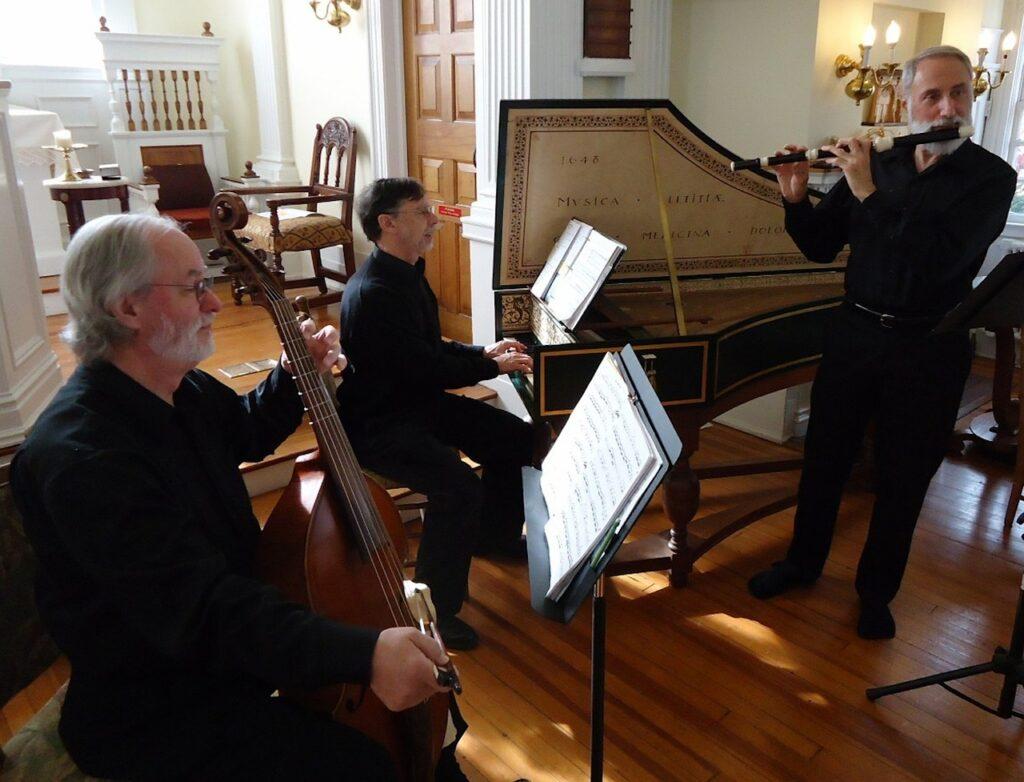Music

Music
Where Did the Word for Music Come From?
The Western term for music comes from the Greeks. The ancient Greeks thought that the arts were inspired by a collection of nine gods called the Muses.
This is understandable, because when a songwriter creates a song, it can feel as if it has come from an outside source. However, it has really come from the intuitive part of the songwriter’s brain.
The idea in mythology was that the Muses channeled creative ideas to singers and instrumental performers, and they in turn created their art.
On the other hand, some cultures lack an equivalent word for music. For instance, in some parts of the world the word for singing remains the same as the word for praying.
Music in the Non-Western World
For most of the world’s history, songs have been about more than just entertainment. It helped pull people together and bind them as a community. It would be hard to imagine a church service, sporting event, or school rally without songs.
Songs have often had important roles in life cycle events: births, deaths, seasonal songs, coming of age, work songs, and holidays.
Music in the Western World
Composers and songwriters sculpt sound into compositions. In Western culture, we usually view it as entertainment. This mostly likely results from the structure of free market societies, which always looks for ways to monetize products and services.
The Music Archive includes posts on different ways of learning to sing, play instruments, and compose. However, the list below focuses on songwriting posts.
Songwriting Posts on Melody and Harmony Composition:
See the posts below for full descriptions.
– Geoffrey Keith
© 2022 Geoffrey Keith
Back to the Successful Music Student Blogs page











